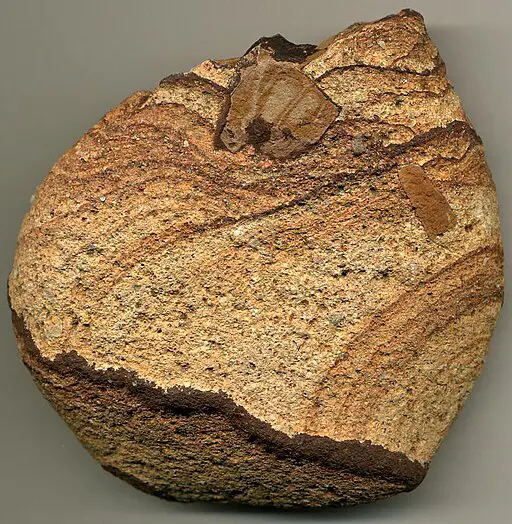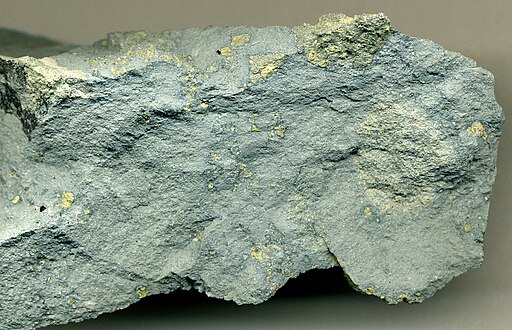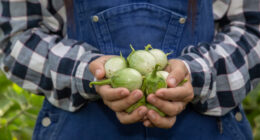“Tough” means strong or resilient, while “tuff” is a less common variant often used to describe volcanic rock formations.
TL;DR Tough Vs. Tuff
“Tough” typically refers to something that is strong, resilient, or difficult to break. It can be used to describe physical objects like materials or substances, as well as abstract concepts such as challenges or situations. For example, a tough material would be hard to tear or break, while facing a tough decision implies it is challenging or demanding.
On the other hand, “tuff” specifically refers to a type of volcanic rock formed from solidified ash and pyroclastic debris. It has unique characteristics due to its composition and formation process. Tuff can often be found in areas with volcanic activity and is commonly used in construction for its durability.
What is Tough?

At its core, tough can refer to something that is difficult or hard to break or penetrate. It describes a substance or material that can withstand pressure or force without easily giving in. We might say a piece of leather is tough because it resists tearing under stress.
However, tough isn’t limited to physical attributes alone; it also encompasses mental fortitude and emotional resilience. Someone who is mentally tough displays great inner strength and can handle challenging situations with composure and resolve.
Toughness isn’t just about being unyielding; it’s about adaptability too. The ability to face adversity head-on while remaining flexible and open-minded demonstrates true toughness.
What is Tuff?

Tuff is an igneous rock that forms from volcanic ash and other pyroclastic materials. When a volcano erupts, it spews out hot lava and also releases clouds of gas and fine particles into the air. These particles are carried by the wind and eventually settle on the ground or in bodies of water.
Over time, these accumulated layers of volcanic ash and debris become compacted and cemented together to form tuff. Tuff can vary in composition depending on the types of volcanoes involved and the specific conditions during its formation.
One unique characteristic of tuff is its porous nature. The spaces between the particles allow for water absorption, making it useful for certain applications such as construction material or as a lightweight aggregate in concrete.
Tough Vs. Tuff – Key differences
| Aspect | Tough | Tuff |
|---|---|---|
| Meaning | Strong, resilient | Type of volcanic rock |
| Common Usage | General English | Geology terminology |
| Pronunciation | tuhf (rhymes with stuff) | tuhf (rhymes with rough) |
| Examples | - She's tough as nails. | - The cliffs are made of tuff. |
| - It was a tough decision. | - Tuff is common in volcanic regions. |
Image Credits
Featured Image By – James St. John (https://www.flickr.com/people/jsjgeology/, CC BY 2.0 , via Wikimedia Commons
Image 1 By –
Image 2 By – James St. John, CC BY 2.0 , via Wikimedia Commons








